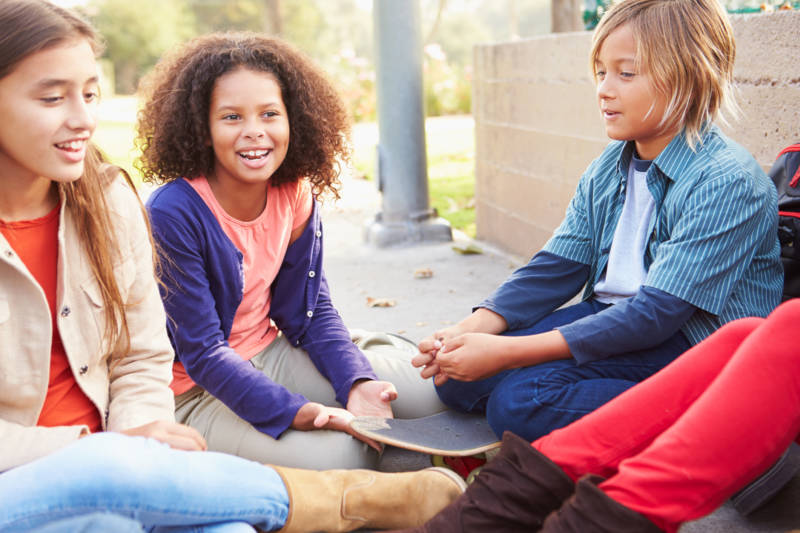The types of skills required to care for and advocate for oneself and others — self-regulation, responsibility, empathy, and discipline, among others — are becoming increasingly central to the work of schools and teachers, and increasingly relevant to the lifelong success of students.
More and more, educators are recognizing that these skills — often called “social and emotional” skills — are inextricably intertwined with the academic skills. Nine out of 10 teachers believe that social emotional skills can and should be taught. But four out of five want more support to address their students’ social emotional development. How do teachers catch up their practices with what they know is possible?
A new report from the Aspen Institute’s National Commission on Social, Emotional, and Academic Development draws on a large volume of research on social-emotional learning, three new research reports written over the last two years, as well as surveys with parents, students, and teachers — all generating new recommendations for teaching the whole child and for supporting the academic, social, and emotional wellbeing of students. It will take significant system-wide and school-wide changes to make sure every child gets this kind of holistic education; teachers cannot do that work alone.
But with the following considerations and actions, teachers can begin to break the silos that stuff social-emotional learning into a specific unit or class, and instead embed it throughout the day.
Be intentional. Social and emotional skills come up all the time — at recess, in group work, in math class. Be intentional about identifying opportunities to practice the skills with your students. Role play conflicts that might arise on the playground or talk to students about listening and collaboration before group work. Before math class, talk about “mathematical courage,” or the idea that students should ask questions when they don’t understand something, be unafraid to make mistakes, explain their thinking, listen to how other people thought about a problem, and be open to suggestions. Don't worry about taking time away from academic material. Taking time to focus on how students interact with each other, how they're feeling, and how they're behaving, will help create conditions conducive for overcoming academic challenges. Being more intentional and taking the time to name and practice these skills, can help them stick.


